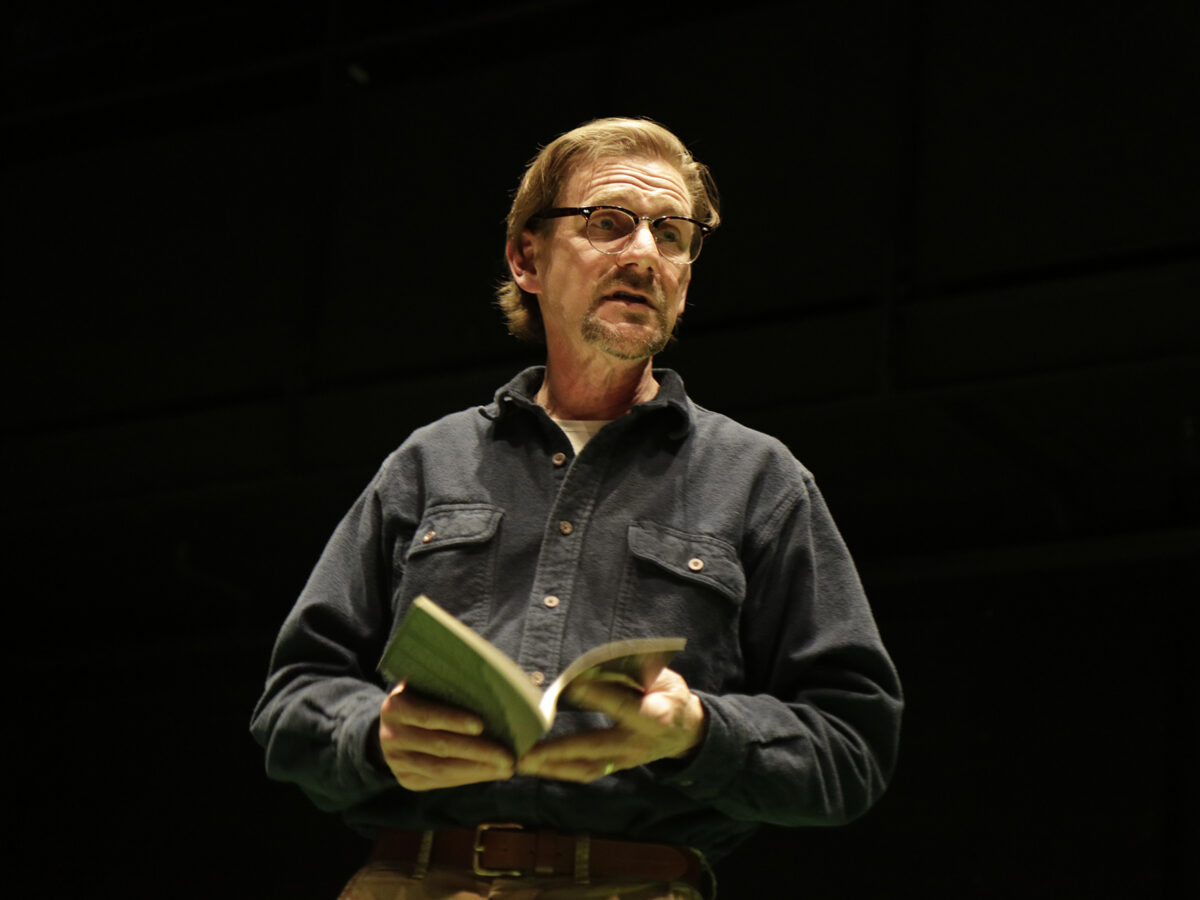Instead of looking at sexual assault as a product of individual bad people intentionally doing bad things, we look at how it's engineered into campus life."Jennifer S. Hirsch, author
Big Red lacrosse plays for Morgan's Message
This past Wednesday, the girls and boys varsity lacrosse programs teamed up to dedicate a game to Morgan’s Message, a foundation dedicated to eliminating the stigma surrounding mental health within the student-athlete community. Morgan’s Message, named in memory of Morgan Rodgers and the story she left behind, strives to amplify stories, resources, and expertise to confront student-athlete mental health challenges and to equalize the treatment of physical and mental health in athletics.
Exeter’s Keighley Bosshardt ’24, Kathryn Welch ’22, Emilie Dubiel ‘23, Baron Fisher ’22, Drew McClutchy ‘23, Logan Olazabal ‘23, Baron Masopust ’24 represented the girls and boys teams and worked as ambassador’s to organize the event, raise awareness, and gather donations for Morgan’s Message.
“People, especially athletes, often overlook their mental health or tend to focus more on their physical health,” said Bosshardt, who helped champion the cause and organize Exeter’s involvement. “I think by bringing awareness and providing resources to our community, Exeter students can start having open conversations about mental health and not be scared to reach out if they need it.”
Prior to the start of each game, both teams gathered for brief remarks and a moment of silence in Rodgers’ memory. A high school lacrosse standout, Rodgers was recruited to play at Duke University. She sustained a serious knee injury prior to her sophomore season at Duke and struggled with anxiety and depression as she fought to regain her physical health. She committed suicide at 22.
“I hope that Morgan’s Message will bring awareness to our athletic community and the greater Exeter community that mental health is a challenge that we all deal with and should not be taken lightly,” Fisher said. “I hope that it will allow those students who are struggling with mental health to feel more comfortable in reaching out for help. I hope that we can honor Morgan’s life by building an even more caring and comfortable environment for student-athletes at Exeter.”
For more on Morgan’s Message, please visit their website.











